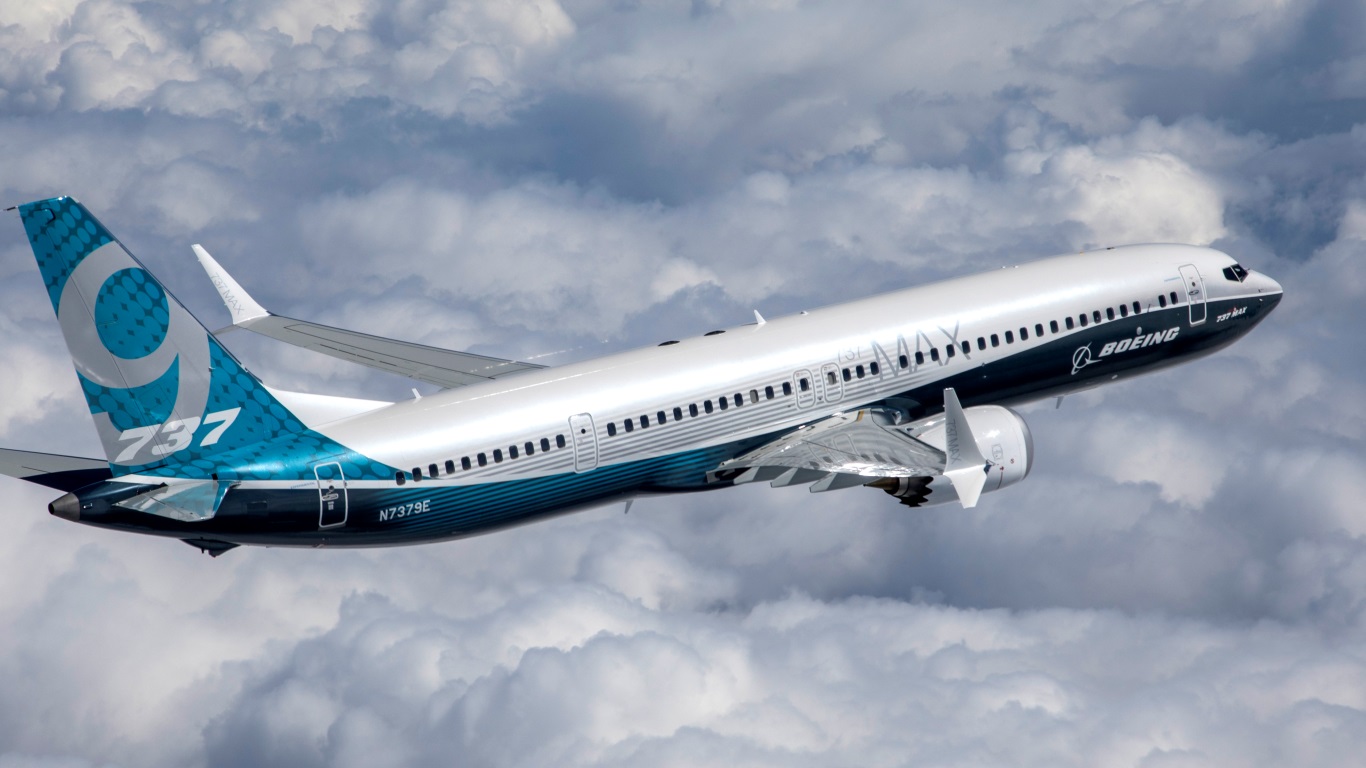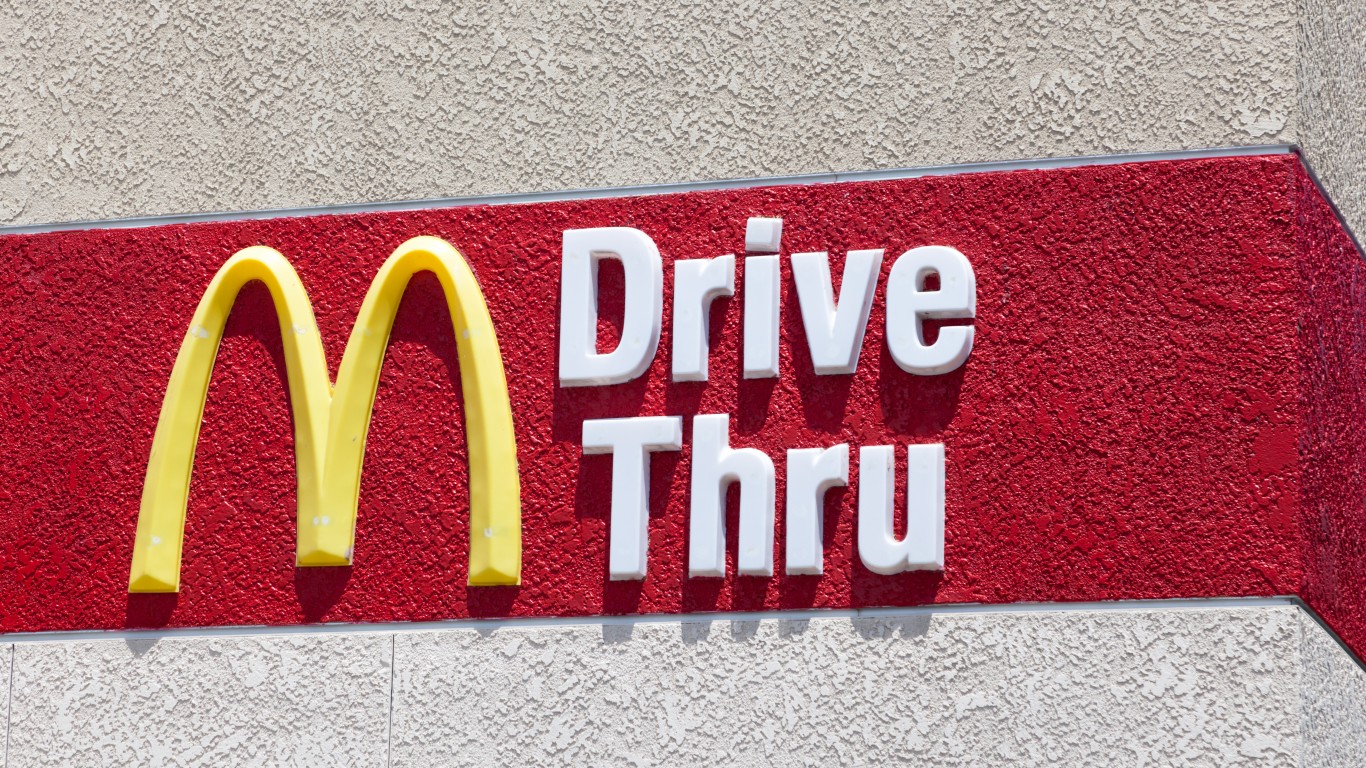
For the past 12 months, Boeing Co. (NYSE: BA) has posted negative operating cash flow of $16.6 billion and negative free cash flow of $18.2 billion. In a research report issued Monday morning by RBC Capital, analyst Michael Eisen reiterated a Buy rating on Boeing stock and raised the price target from $209 per share to $307.
At Friday’s closing price of $217.15, the potential upside on Boeing stock is around 41%, based on Eisen’s new target. The consensus price target on the stock is about $231, implying a potential upside of around 6.5%.
Among Eisen’s reasons for the boost is projected free cash flow of $16 per share in 2023. That works out to around $9 billion. In 2018, the last full year before the grounding of the 737 Max, Boeing reported free cash flow of $13.6 billion and operating cash flow of $15.3 billion. Operating free cash flow had been the company’s preferred performance measure.
To get to those cash flow levels, Boeing needs to deliver some 450 737 Max airplanes that have been manufactured and stored since the grounding in March of 2019. Most analysts believe that around half those planes will be delivered in 2021. Eisen expects Boeing to deliver 240 next year, 140 in 2022 and the rest in 2023. Boeing itself has projected 225 deliveries of the parked jets in 2021 and 225 in 2022.
Delivering parked planes is Boeing’s priority for next year, while the company gradually raises its production rate to around 31 new 737 Max jets per month by the beginning of 2022.
Boeing’s other hope is that the global coronavirus pandemic will end as more people are vaccinated against COVID-19 and airline passenger traffic recovers. According to U.S. Transportation Security Administration data, U.S. passenger traffic on Sunday reached 1.28 million as travelers returned home following the Christmas holiday. That’s the highest passenger total since mid-March. Passenger traffic has topped a million on six of the past 10 days.
Brazilian carrier Gol has been running 16 daily 737 Max flights since December 9, and Eisen notes that U.S. carriers Southwest, United and American have boosted their testing and recertification of the plane since the U.S. Federal Aviation Administration lifted its grounding order in mid-November.
For the current quarter, the consensus analysts’ estimate for an adjusted loss per share is $1.02 on revenue of $15.58 billion. For the full year, Boeing is expected to post a loss per share of $9.06 on sales of $58.2 billion.
The stock’s 52-week range is $89.00 to $349.95. For the year to date, Boeing shares are down about 33%.
Get Ready To Retire (Sponsored)
Start by taking a quick retirement quiz from SmartAsset that will match you with up to 3 financial advisors that serve your area and beyond in 5 minutes, or less.
Each advisor has been vetted by SmartAsset and is held to a fiduciary standard to act in your best interests.
Here’s how it works:
1. Answer SmartAsset advisor match quiz
2. Review your pre-screened matches at your leisure. Check out the advisors’ profiles.
3. Speak with advisors at no cost to you. Have an introductory call on the phone or introduction in person and choose whom to work with in the future
Thank you for reading! Have some feedback for us?
Contact the 24/7 Wall St. editorial team.
 24/7 Wall St.
24/7 Wall St.
